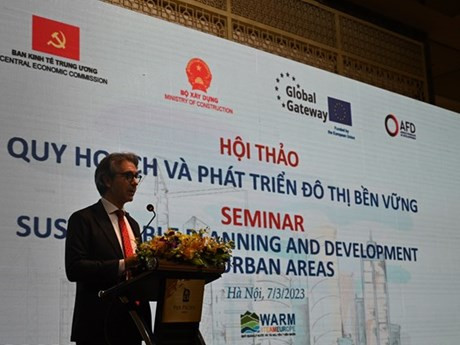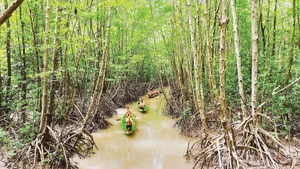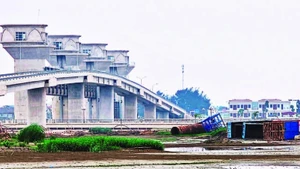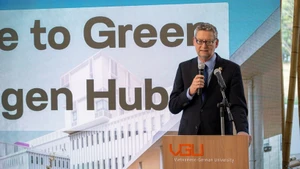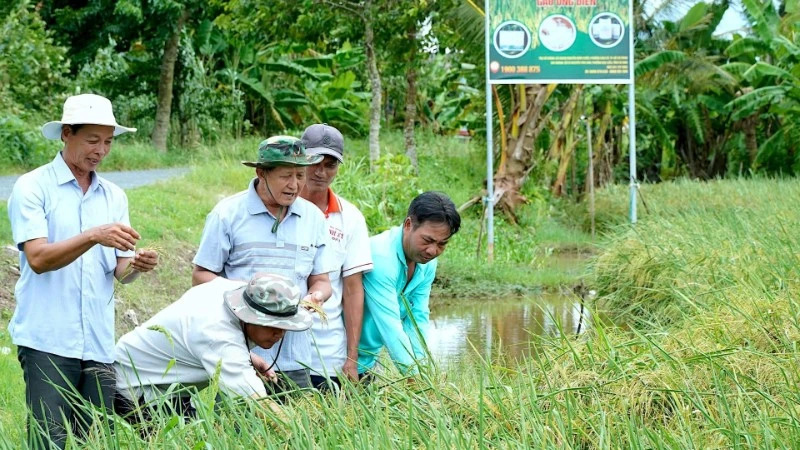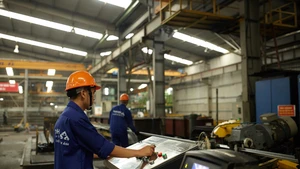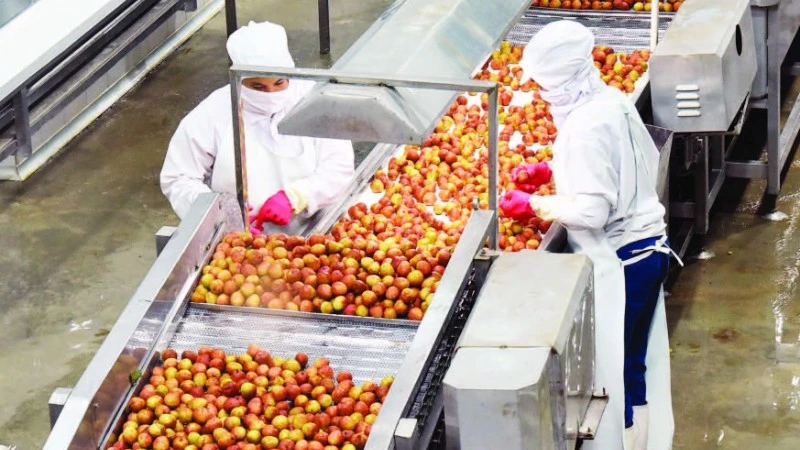The event, co-organised by the Party Central Committee’s Economic Commission, the Ministry of Construction and the French Development Agency (AFD), took place within the framework of the Water and Natural Resources Management Facility (WARM) facility funded by the European Union (EU).
Over the past 35 years of reform and development, Vietnam has made big strides in urban planning, with its urbanisation rate expanding to 40% in 2022 from 30.5% in 2010, making up 70% of the national GDP, heard a report.
However, the country lacks a master plan in the field to fulfill the targets of green growth, climate resilience and net zero emissions by 2050, the report pointed out.
Deputy Minister of Construction Nguyen Tuong Van stressed the significance of the Politburo’s Resolution No. 06-NQ/TW on sustainable urban planning, construction, management and development.
With five viewpoints and six groups of major tasks, the document highlights the role and position of urban areas and urbanisation in national industrialisation and modernisation in the new period, laying the foundation for urban transformation and development in Vietnam in a more comprehensive and systematic fashion, he said.
The Government also adopted Resolution No. 148/NQ-CP dated November 11, 2022, on the issuance of an action programme implementing the resolution, which sets out five groups of tasks.
Under the resolution, the Government requested unifying awareness and actions in sustainable urban planning, construction, management and development. This resolution also includes plans to improve planning quality, investment in urban infrastructure capable of adapting to climate change, and a review of building projects of ministries and agencies with relevant policies and legal documents.
Ambassador Giorgio Aliberti, head of the EU Delegation to Vietnam, stressed the EU’s strong commitments to supporting the Vietnamese Government in achieving sustainable development goals.
The WARM facility aims to support the preparation and implementation of more strategic investment projects for water and natural resource management. The experience gained from these projects will feed into the dialogue with the government on the climate, environment and natural resources management.
Experts from France's Lyon, a city that has maintained its cooperation with Ho Chi Minh City for 20 years in urban planning and management, shared their experience in sustainable urban development and affirmed their readiness to help Vietnam in climate change mitigation and adaptation.
Between May and July this year, there will be three thematic workshops in Son La, Quang Tri and Hau Giang provinces, focusing on risks to urban planning in all mountainous, coastal and Mekong Delta localities.
